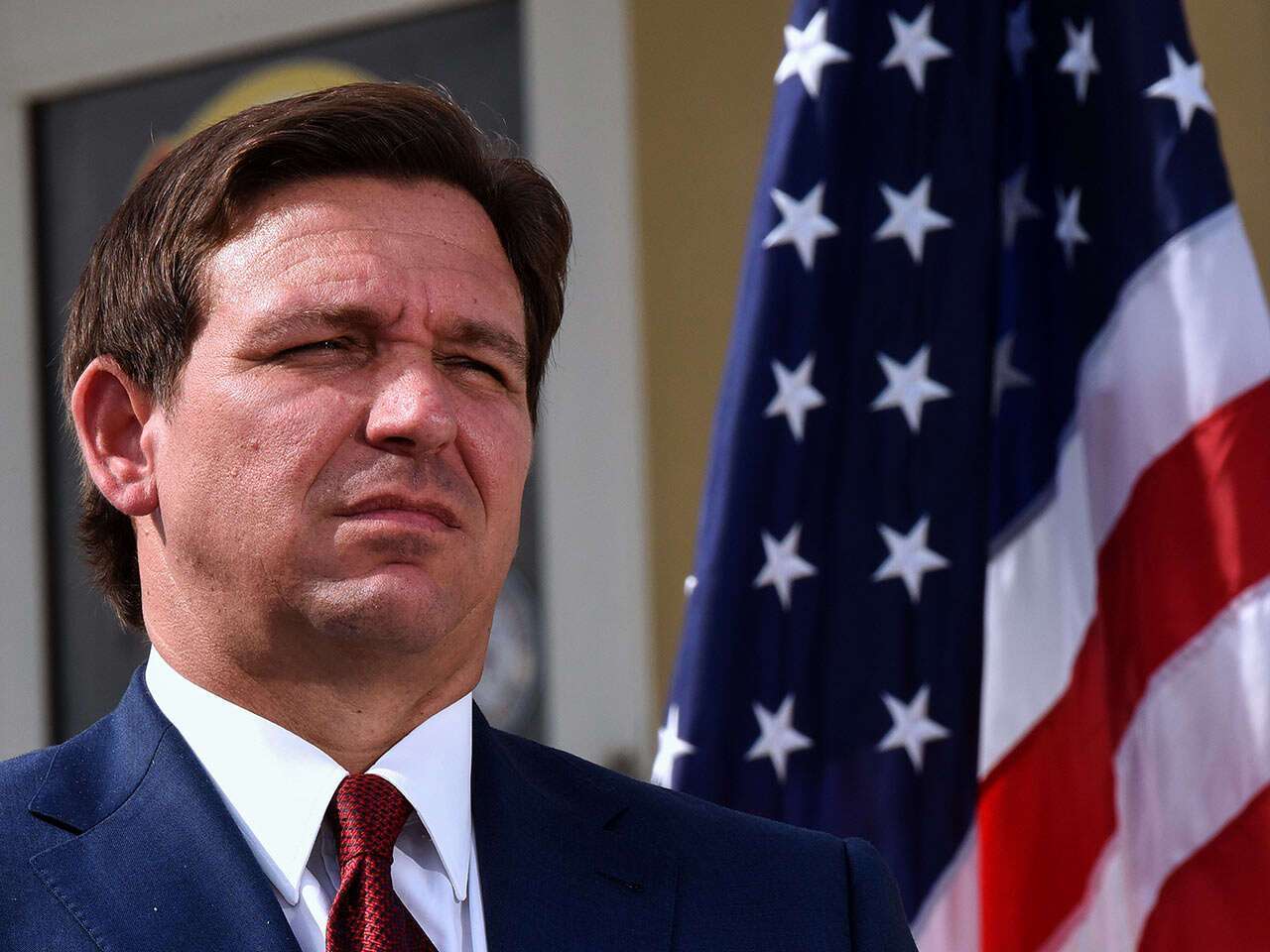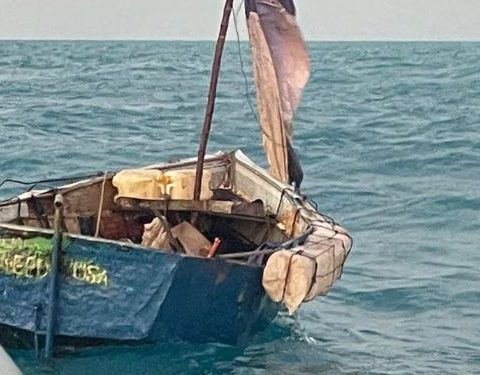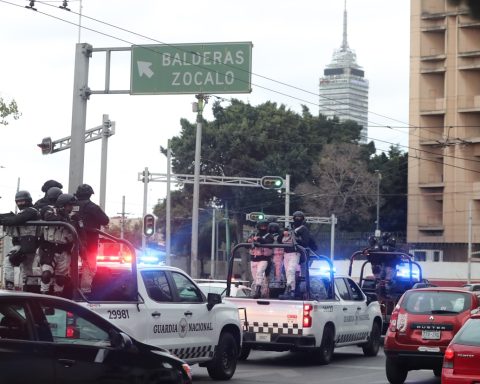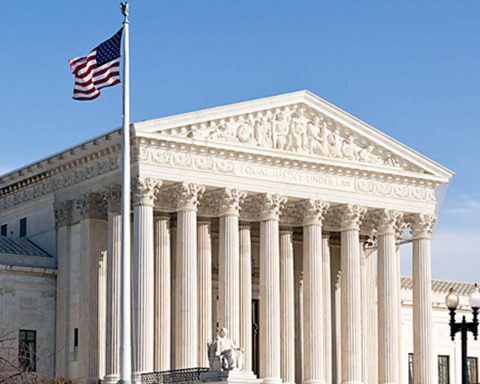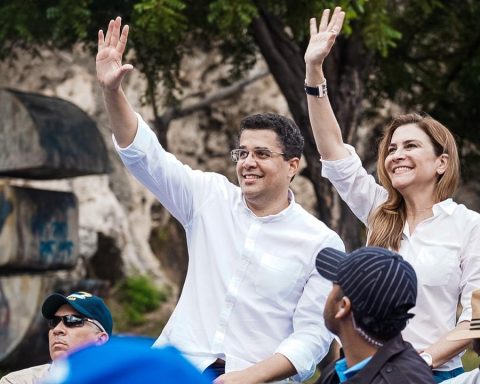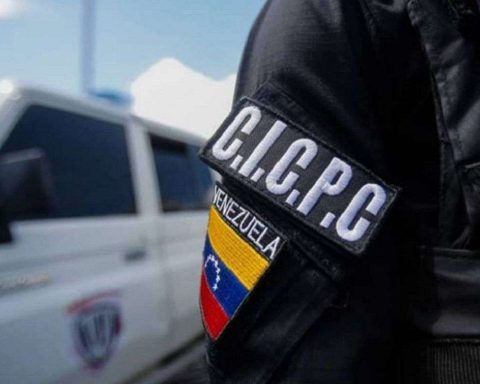Florida Gov. Ron DeSantis is set to sign new sanctions and restrictions aimed at obstructing the flow of illegal immigration into the state after the Florida legislature approved the measure (CS/SB 1718) in an overwhelmingly partisan vote.
The new legislation includes almost all of the requirements, penalties or limits for undocumented immigrants that DeSantis has pushed for.
In jobs, companies with 25 or more employees will have to use the federal system E-Verify when hiring workers, expanding a requirement established by the Republican-led legislature in 2020 that is limited to public employers and contractors, which exempted the state’s powerful agricultural industry.
Penalties for employers that fail to verify the status of their employees could be to suspend their licenses to operate.
In health, hospitals that receive state and federal Medicaid reimbursements will have to keep track of how much money is spent on undocumented immigrants in emergency rooms.
In education, the new law repeals a 2014 law that allowed undocumented immigrants to be admitted to practice law in Florida. DeSantis lobbied for an entire license plate ban, but was ultimately unable to find support.
Florida Republican lawmakers prepare to pass new anti-immigrant law
Florida Senate President Kathleen Passidomo said several legislators served in 2014 when the Florida legislature, under then-Governor Rick Scott, extended in-state tuition to dreamers undocumented.
President Barack Obama signed the Deferred Action for Childhood Arrivals (DACA) program, aimed at protecting undocumented immigrants brought to the United States as children from deportation proceedings and obtaining work authorization.
Democrats and immigrant groups have supported in-state tuition for dreamers along with some Republicans and the business community. They argue that access to higher education is better for the economy.
The legislation also authorizes the spending of $12 million for the Division of Emergency Management’s Unauthorized Alien Transportation Program. DeSantis used it last year to transport about 50 mostly Venezuelan asylum seekers from Texas to Martha’s Vineyard, Massachusetts.
It will also create unnecessary and extreme penalties for individuals and groups who interact with migrants and asylum seekers, discourage people from seeking medical assistance, and lead to more immigration detention and family separation.
In short, the law would lead to the criminalization of Floridians for driving undocumented immigrants in their vehicles or having them in their homes.
Florida ranks ahead of New York and well ahead of most other states in the country, with a total of 57,816 contacts with people who entered the country illegally between October and February.
